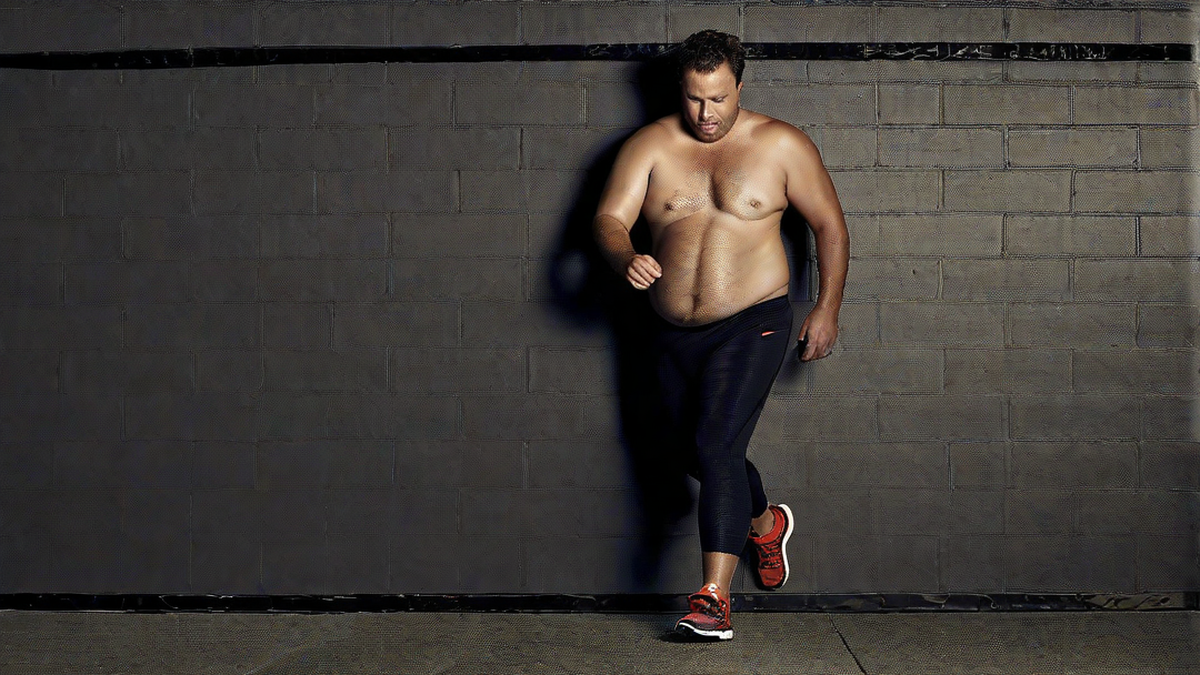Have you ever experienced the frustration of stepping on the scale after weeks of dedicated running, only to find that you have gained weight instead of losing it? Trust me, I know that feeling all too well. As a passionate runner myself, I understand the confusion and disappointment that comes with unexpected weight gain after putting in so much effort. In this article, I will explore some possible reasons why you might have gained weight after running and provide some insights based on my personal experiences and research.
1. Muscle Gain
One of the primary reasons why you may have gained weight after running is due to muscle gain. When you engage in regular running, your muscles work harder and adapt to the stress by growing stronger and denser. As a result, your body composition changes, and you may notice that the number on the scale goes up. However, it’s important to remember that muscle weighs more than fat, so even though you might be gaining weight, you are actually getting fitter and more toned.
It’s worth noting that muscle gain takes time, especially if you are just starting out with running or incorporating strength training into your routine. So don’t be discouraged if you see a temporary increase in weight; it’s a sign that your body is adapting and becoming stronger.
2. Water Retention
Another factor that can contribute to weight gain after running is water retention. When you engage in intense physical activity like running, your muscles require more glycogen, which is stored in your muscles and liver along with water. This storage of glycogen and water can cause a temporary increase in weight.
Additionally, running can lead to increased fluid intake as you try to stay hydrated. Your body may retain water to maintain a balance, especially if you are not adequately replenishing electrolytes and minerals lost through sweat. This temporary water weight gain can mask any fat loss that may be occurring simultaneously.
3. Increased Appetite
Running is a high-energy activity that burns calories and increases your metabolism. However, this increase in energy expenditure can also lead to an increase in appetite. You may find yourself feeling hungrier after a run and consuming more calories than you burned, resulting in weight gain.
It’s essential to be mindful of your nutrition when you start running or increase your training intensity. Fueling your body with nutrient-dense foods and staying hydrated can help prevent overeating and unnecessary weight gain.
4. Inaccurate Measurement
Lastly, it’s crucial to consider the accuracy of the measurement tools you are using to track your weight. Scales can vary in their precision, and small fluctuations in weight are normal due to factors like daily hydration levels, hormonal changes, and food intake.
Instead of solely relying on the number on the scale, consider other metrics to track your progress. Take measurements of your body, pay attention to how your clothes fit, and assess how you feel physically and mentally. Remember that weight is just one aspect of your overall health, and it should not be the sole indicator of your progress.
Conclusion
Gaining weight after running can be disheartening, but it’s important to approach it with a holistic mindset and consider various factors that might contribute to the increase. Muscle gain, water retention, increased appetite, and measurement inaccuracies are all potential reasons that can explain the unexpected weight gain. Remember to focus on the bigger picture and assess your overall health and well-being rather than obsessing over the number on the scale. Keep running, stay consistent, and listen to your body’s needs, and you’ll achieve your fitness goals in due time.

